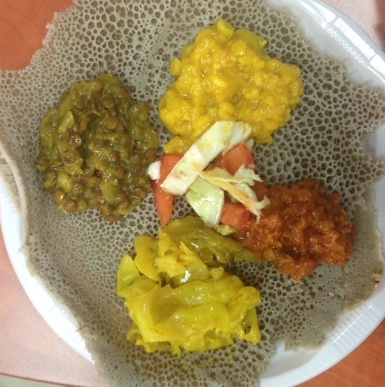A Daily Inspiration
By: Rachel Gerber ENP Volunteer Coordinator Just over a year ago I made Aliyah and I stumbled upon ENP. Well, it's more like ENP was a gift that came into my life at the perfect time. As I learned hebrew in Ulpan most mornings I spent afternoons in the ENP offices. I arrived with no hebrew comprehension, and with much patience and understanding the Staff at ENP welcomed me and took the time to try to teach me as we worked. Although the language barrier was evident, I never once felt that my Hebrew (or lack thereof) was met with anything but patience and understanding. In May I began my position as the Volunteer Coordinator at ENP, yet another blessing in my post-Aliyah life. Over the last eight months of working at ENP I have been blessed to witness the daily inspiration that is ENP's work; to hear the phone calls and read the emails for requests for assistance and watch them transform into success stories, smiles on kids faces, and good grades on report cards, is nothing ...










